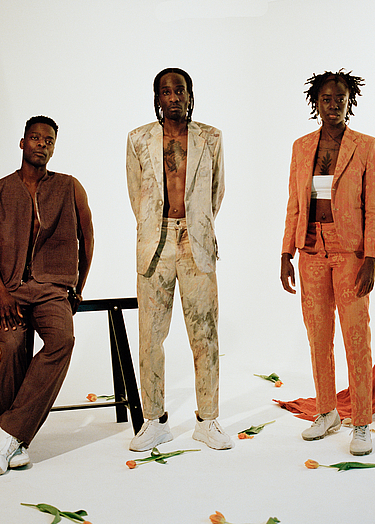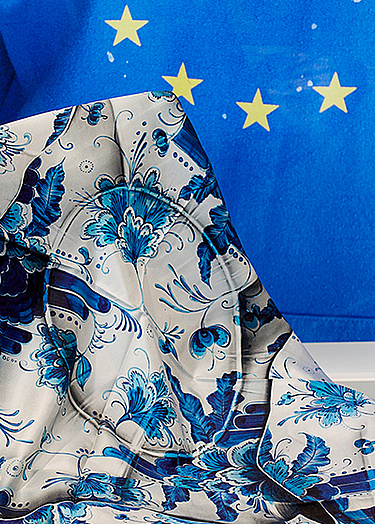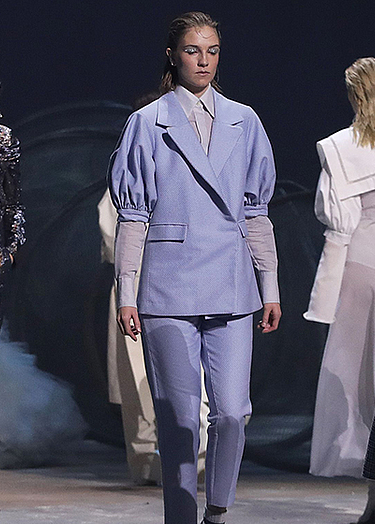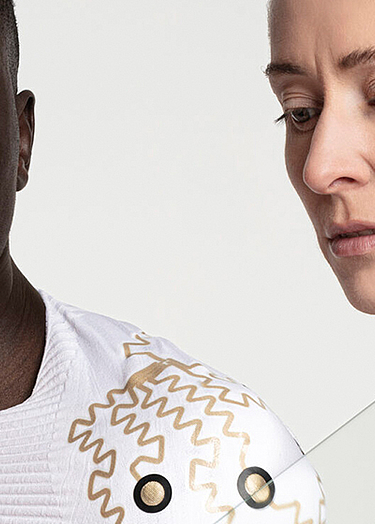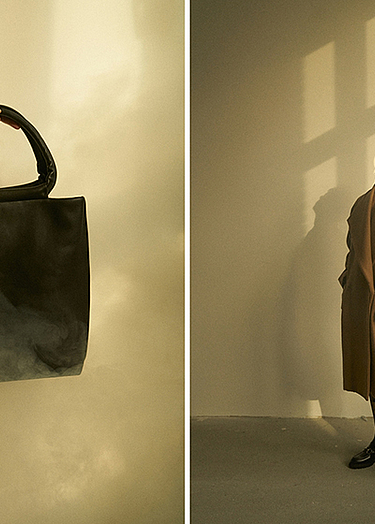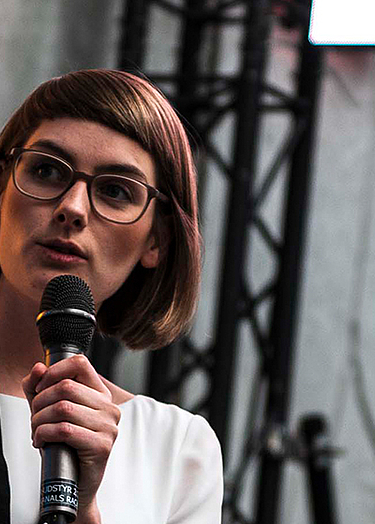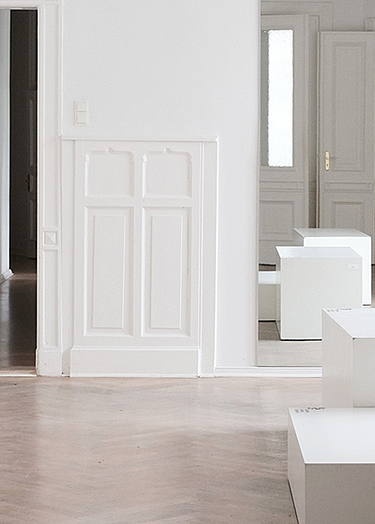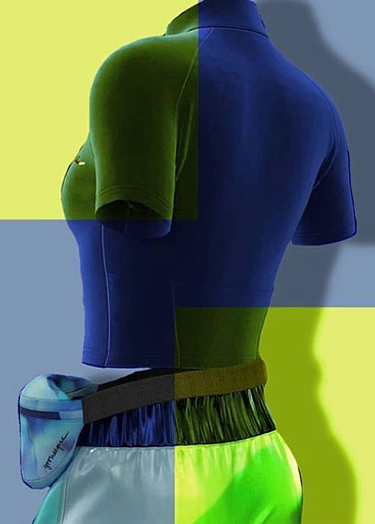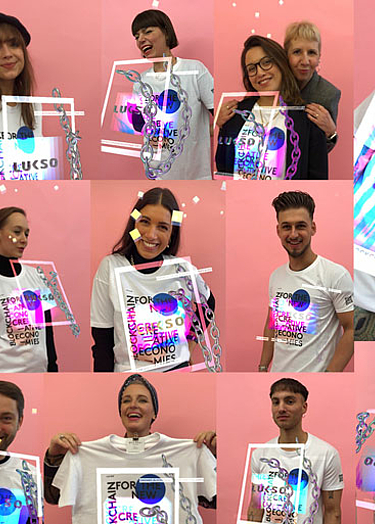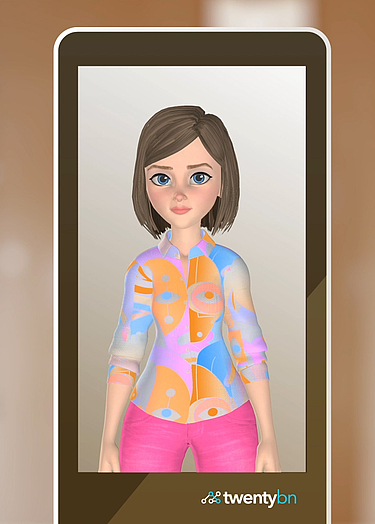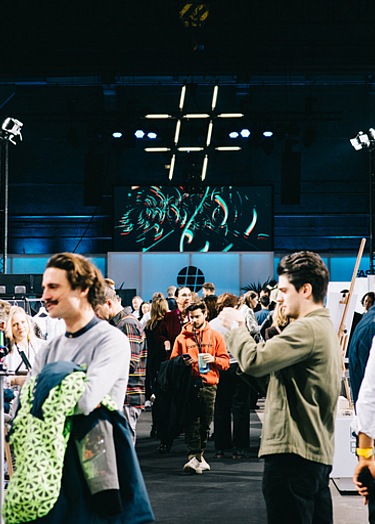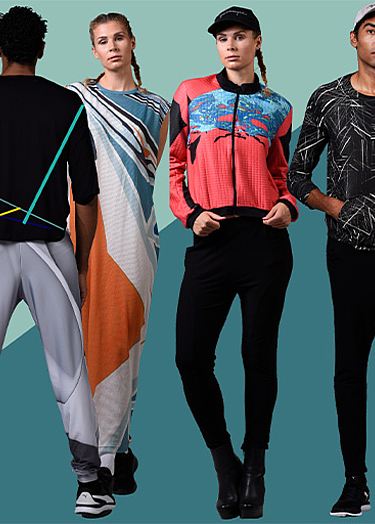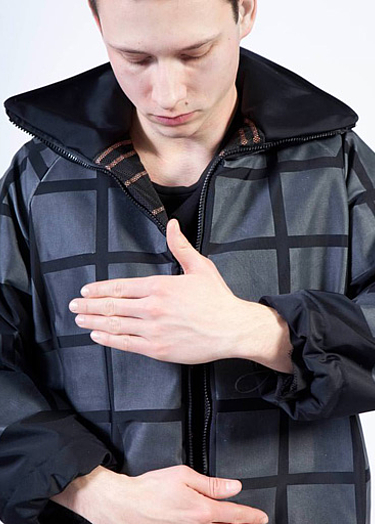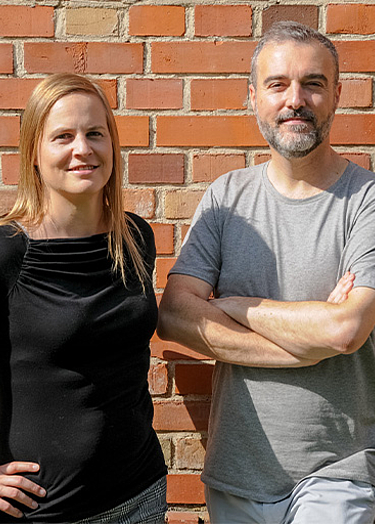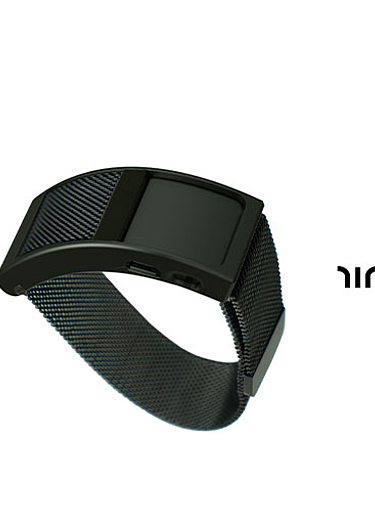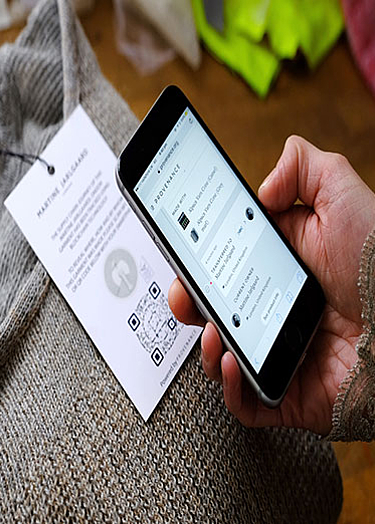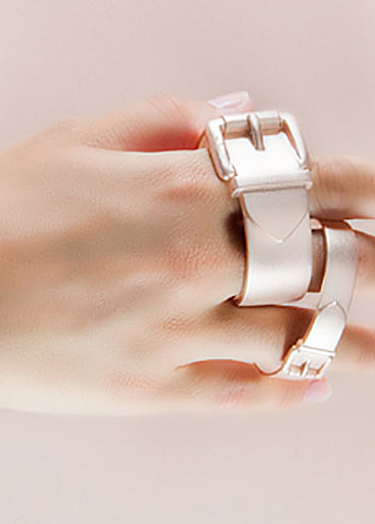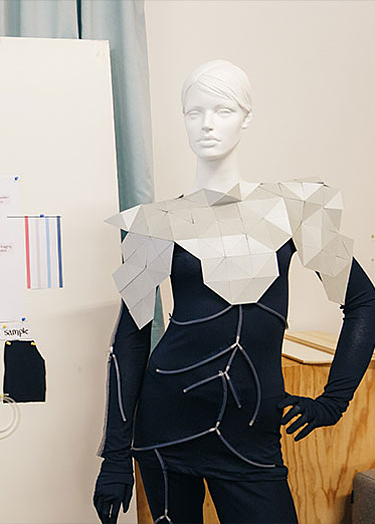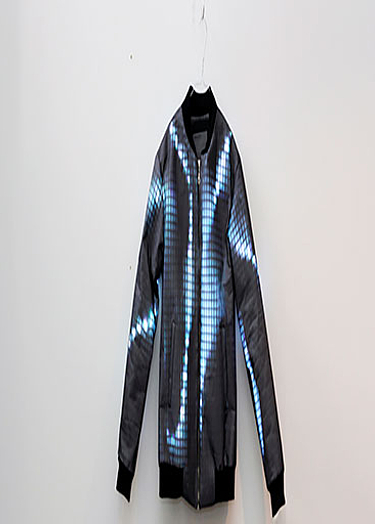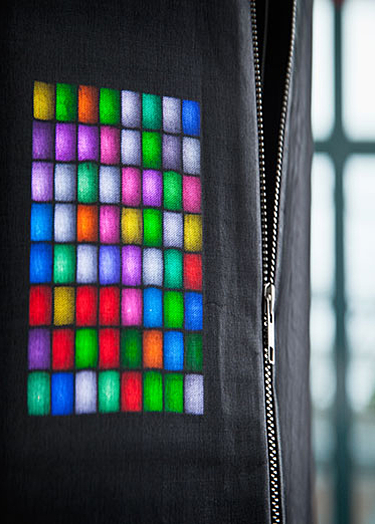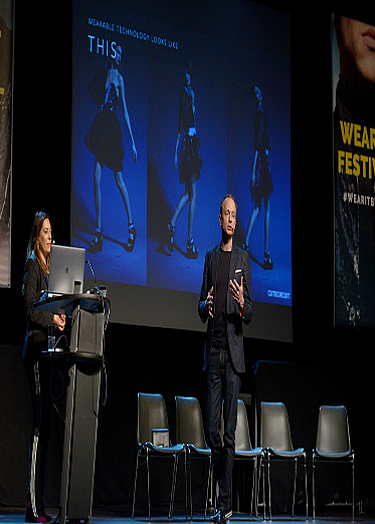Trend
The future of online shopping – new ideas of the fashion industry
![[Translate to English:] ©Marina Hoermanseder & Stilnest](/fileadmin/_processed_/5/6/csm_marina-hoermanseder-383x255_9c3f481c26.jpg)
In the world of fashion, online shopping plays an important role. However, manufacturers are still facing major challenges: On the worst day, up to half of the shipped goods are returned because they don’t fit or they don’t comply with the customers’ expectations. This leads to considerable costs for the manufacturers, trouble for the consumers and to a waste of ecological resources. Especially due to the inability to try on clothes prior to purchase, many consumers refuse to buy clothes online. Long delivery times may be another reason against online shopping. According to a study conducted by Coremedia, the Hamburg-based technology provider for online retailers, one in ten German citizen refuses to buy textiles online. Hence, both international groups and regional manufacturers constantly work on new concepts to revolutionize the future of online shopping and to make it more attractive. Using the latest technologies, they want to take online buying off the couch and create new shopping experiences.
New technologies make many things possible
Technologies such as augmented reality open up new applications and bring online shopping right into the stores. For instance, the fashion chain Zara presented a new e-commerce idea this spring that goes without mannequins in the stores. Instead, the customers can use an app with augmented reality and virtual models to view the clothes and buy them directly through this app.
Customized fit with body scans
Another project that relies on the latest technologies is Project Love, which made it into the final round of Fashion Fusion in 2018. This innovative concept includes the use of body scanners and 3D printers in order to provide garments with a customized fit, in contrast to ready-made clothing. Especially people with no standard size are to benefit from Project Love. Due to the exact and individual cuts, the items quickly become the customer’s favourite pieces. The aim of Project Love is for example to „give access to fashionable clothing for people, who may not fall into the standard due to a handicap, over- or underweight, or an extreme bodyside.“ Thanks to body scanning, the garments fit accurately and returns are no longer necessary. This idea will make the future of online shopping an extremely individualized experience.
The Berlin startup Thullex Maßmode UG, founded in 2017 by Hannes Thull and Jakob Klippel, follows the same idea with their label Hemdschneider by Thullex, by enabling the customer to buy tailor-made men’s shirts online. With a 3D body scanner, the customers can take their exact body measurements. The shirts will then be made to measure and shipped to the customer. The tailor-made items sit snugly and comfortably, minimising the number of return shipments.
3D prints to ensure fast delivery
Another obstacle for buying fashion online are the delivery times. There are often several months between the first presentation of fashion items and accessories on the catwalks and their availability for retail sale. But it doesn’t have to be like this, as the Berlin label Stilnest showed on the occasion of the Berlin Fashion Week already three years ago. Stilnest manufactures jewellery using 3D printing technology. Thus, the collections by the designers Marina Hoermanseder, Augustin Teboul and Marcel Ostertag that were presented on the catwalk, could be ordered online during the show and directly produced on demand.
"First of all, 3D-printing-technology incites us to question the burden of analogue rules and rethink the production, design and e-commerce in a new way. Meanwhile, we also use this kind of new thinking way beyond the 3D-technology and implement it at the production and in the studio as well.", the founder of Stilnest, Tim Bibow explains.
The future of online shopping offers numerous benefits
Customized manufacturing of fashion items offers several advantages, especially when shopping online: The number of returns drops considerably when the items fit accurately, leading to reduced costs for the companies. Not only does it avoid surplus of goods, but it also cuts logistics costs. Furthermore, less surplus of goods brings environmental benefits through conservation of resources. Last but not least, every return also leads to a pollution of the environment through transport. This pollution can be avoided through strongly customized online buying. On-demand production, which is becoming increasingly easy by using 3D printing technology, also prevents unnecessary surpluses. The concepts for the future of online shopping developed by the manufacturers from Berlin and abroad show at least that they have plenty of ideas. Ultimately, their success on the market will depend on the consumer acceptance.
Further information:
https://fashionfusion.telekom.com/program/project-love/
https://stilnest.com/de_de/stories-characterstory-shoptherunwayjewels
https://fashion-week-berlin.com/en/calendar/all-events/single-event/detail/News/shop-the-runway-jewels-mit-stilnest-der-auftakt-zur-fashion-week-berlin.html
http://www.hemdschneider.de/
